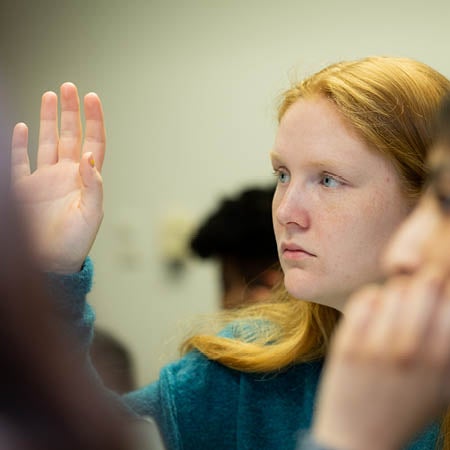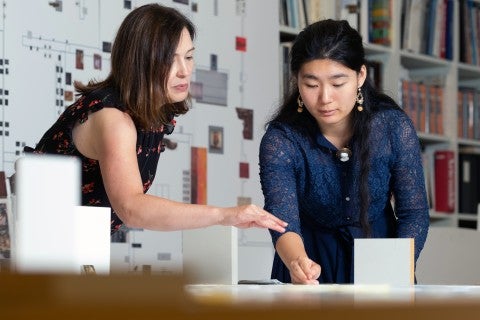
A liberal arts education develops your capacities to analyze, to synthesize, to interpret, to visualize, to craft an argument, to ask important questions, and to grapple with evidence, whether visual, textual or virtual. These capacities are vital for a wide range of future careers, including the scientific, engineering and medical professions. More importantly, subjects like philosophy, religion, literary and visual cultures, history of society and history of art, prepare students to make an impact on the world, as citizens and as thought leaders.
At STEM-strong universities like Rice, the liberal arts provide a course of study focused on critical interpretation, analysis, gathering of evidence and analytic writing. Liberal arts courses provide the “big picture” that connects all of your areas of learning into a vital foundation for your future.
It should not take a pandemic, or a prolonged crisis of democracy, to show us just how important the liberal arts are in preparing students to engage critically with challenges to social and scientific knowledge, and to lead the social, cultural and economic processes of the future toward a more just and equitable civil society for all.

